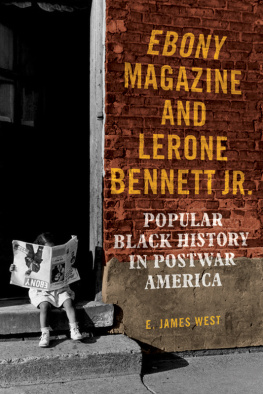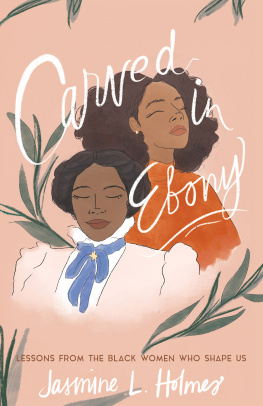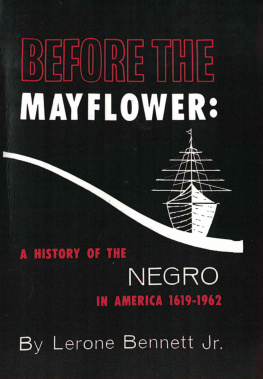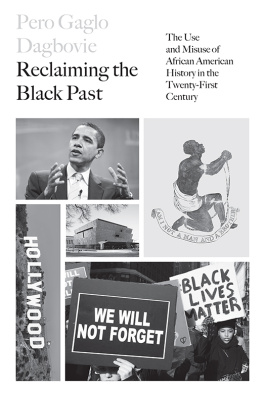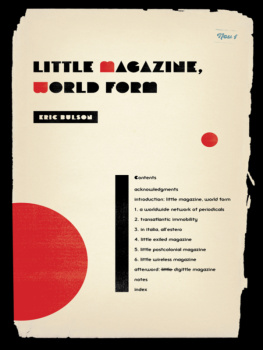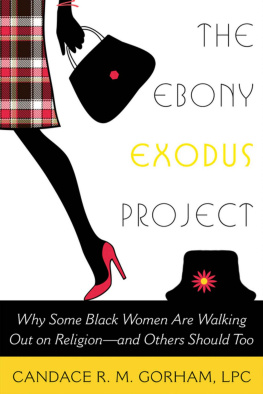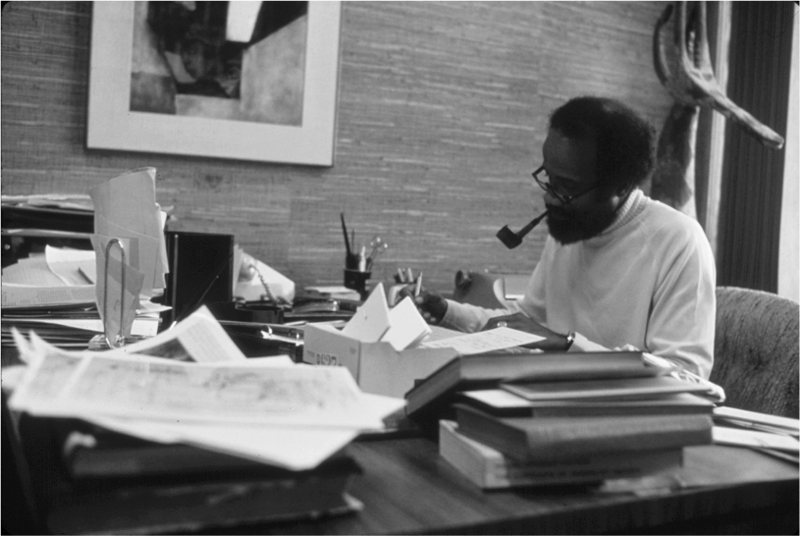E. James West - Ebony Magazine and Lerone Bennett Jr.: Popular Black History in Postwar America
Here you can read online E. James West - Ebony Magazine and Lerone Bennett Jr.: Popular Black History in Postwar America full text of the book (entire story) in english for free. Download pdf and epub, get meaning, cover and reviews about this ebook. year: 2020, publisher: University of Illinois Press, genre: Politics. Description of the work, (preface) as well as reviews are available. Best literature library LitArk.com created for fans of good reading and offers a wide selection of genres:
Romance novel
Science fiction
Adventure
Detective
Science
History
Home and family
Prose
Art
Politics
Computer
Non-fiction
Religion
Business
Children
Humor
Choose a favorite category and find really read worthwhile books. Enjoy immersion in the world of imagination, feel the emotions of the characters or learn something new for yourself, make an fascinating discovery.
- Book:Ebony Magazine and Lerone Bennett Jr.: Popular Black History in Postwar America
- Author:
- Publisher:University of Illinois Press
- Genre:
- Year:2020
- Rating:3 / 5
- Favourites:Add to favourites
- Your mark:
Ebony Magazine and Lerone Bennett Jr.: Popular Black History in Postwar America: summary, description and annotation
We offer to read an annotation, description, summary or preface (depends on what the author of the book "Ebony Magazine and Lerone Bennett Jr.: Popular Black History in Postwar America" wrote himself). If you haven't found the necessary information about the book — write in the comments, we will try to find it.
From its launch in 1945, Ebony magazine was politically and socially influential. However, the magazine also played an important role in educating millions of African Americans about their past. Guided by the pen of Lerone Bennett Jr., the magazines senior editor and in-house historian, Ebony became a key voice in the popular black history revival that flourished after World War II. Its content helped push representations of the African American past from the margins to the center of the nations cultural and political imagination.
E. James Wests fresh and fascinating exploration of Ebonys political, social, and historical content illuminates the intellectual role of the iconic magazine and its contribution to African American scholarship. He also uncovers a paradox. Though Ebony provided Bennett with space to promote a militant reading of black history and protest, the magazines status as a consumer publication helped to mediate its representation of African American identity in both past and present.
Mixing biography, cultural history, and popular memory, West restores Ebony and Bennett to their rightful place in African American intellectual, commercial, and political history.
|CoverTitleCopyrightContentsAcknowledgmentsIntroduction1. An Abundance of Outright Untruths2. Tell Us of Our Past3. White Problems and the Roots of Black Power4. Learning Is an All-Black Thing5. We Can Seize the Opportunity6. A Hero to Be RememberedConclusionNotesBibliographyIndexBack cover|
One of the Chicago Sun-Times Books Not to Miss
A Black Perspectives Best Black History Book of 2020
Honorable Mention, Research Society for American Periodicals, 2021 One of the Chicago Sun-Times Books Not to Miss
One of the Chicago Sun-Times Books Not to Miss
A Black Perspectives Best Black History Book of 2020
Honorable Mention, Research Society for American Periodicals, 2021 A Black Perspectives Best Black History Book of 2020
One of the Chicago Sun-Times Books Not to Miss
A Black Perspectives Best Black History Book of 2020
Honorable Mention, Research Society for American Periodicals, 2021 Research Society for American Periodicals
|
E. James West is a Leverhulme Early Career Fellow in American History at Northumbria University.
E. James West: author's other books
Who wrote Ebony Magazine and Lerone Bennett Jr.: Popular Black History in Postwar America? Find out the surname, the name of the author of the book and a list of all author's works by series.

